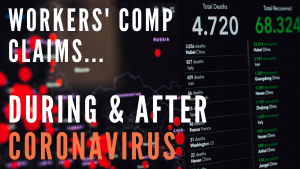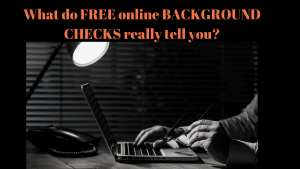Cohabitation Investigations
If you think that you ex spouse is living with a new spouse, girlfriend or boyfriend now is the time to have a cohabitation investigation conducted.
The reason that evidence of cohabitation is so important is because if you can prove it there is a good chance you can get a modification of alimony /support being paid to your ex-wife or ex-husband..
The Coronavirus pandemic has forced many states to force people to shelter in place. These conditions greatly elevate your chance to document cohabitation. It is a great time to conduct surveillance and drive-by checks to document vehicles and activity around your ex-spouses’ home. While the courts are closed and not hearing anything but emergency cases involving domestic abuse and child endangerment when the virus passes, and the courts reopen you can have the evidence you need to file an ex-parte notice to get in front of a judge.
A complete cohabitation investigation can involve several investigative tasks. The first phase should include research into the following;
- Property Ownership
- Utility Records
- Postmaster Check
- Cell Phone Billing Information
- Limited Credit Headers
The second phase would involve some level of field investigation. The field investigation should be geared toward conducting checks at the residence where your ex-spouse is currently residing. Those checks can be done early in the morning to see who is coming and going and to document vehicles and license plates parked in the vicinity of the residence. Another way to document cohabitation would be spot checks or surveillance in the early evening hours to document the same types of things. Once you have the license plates of the vehicles parked in the vicinity of the residence a private investigator can run those plates to determine who owns them.
A formal report detailing all findings prepared by a licensed investigation company that can be filed as a declaration is crucial. In many cases the courts will often ask that the private investigator handling the investigation be prepared to actually testify to the findings.
In order to use the evidence in court you must retain a family law attorney who understands the requirements under the law in your state or county to get you a modification.
Additional Reading:
What affect does cohabitation have on alimony in California?
7 Ways a Private Investigator Can Help with Your Family Law Case
 Workers’ Comp Claims… During and After the Coronavirus
Workers’ Comp Claims… During and After the Coronavirus How are background checks impacted by the court closures?
How are background checks impacted by the court closures? If your business is being left unoccupied…your Security Cameras are crucial
If your business is being left unoccupied…your Security Cameras are crucial